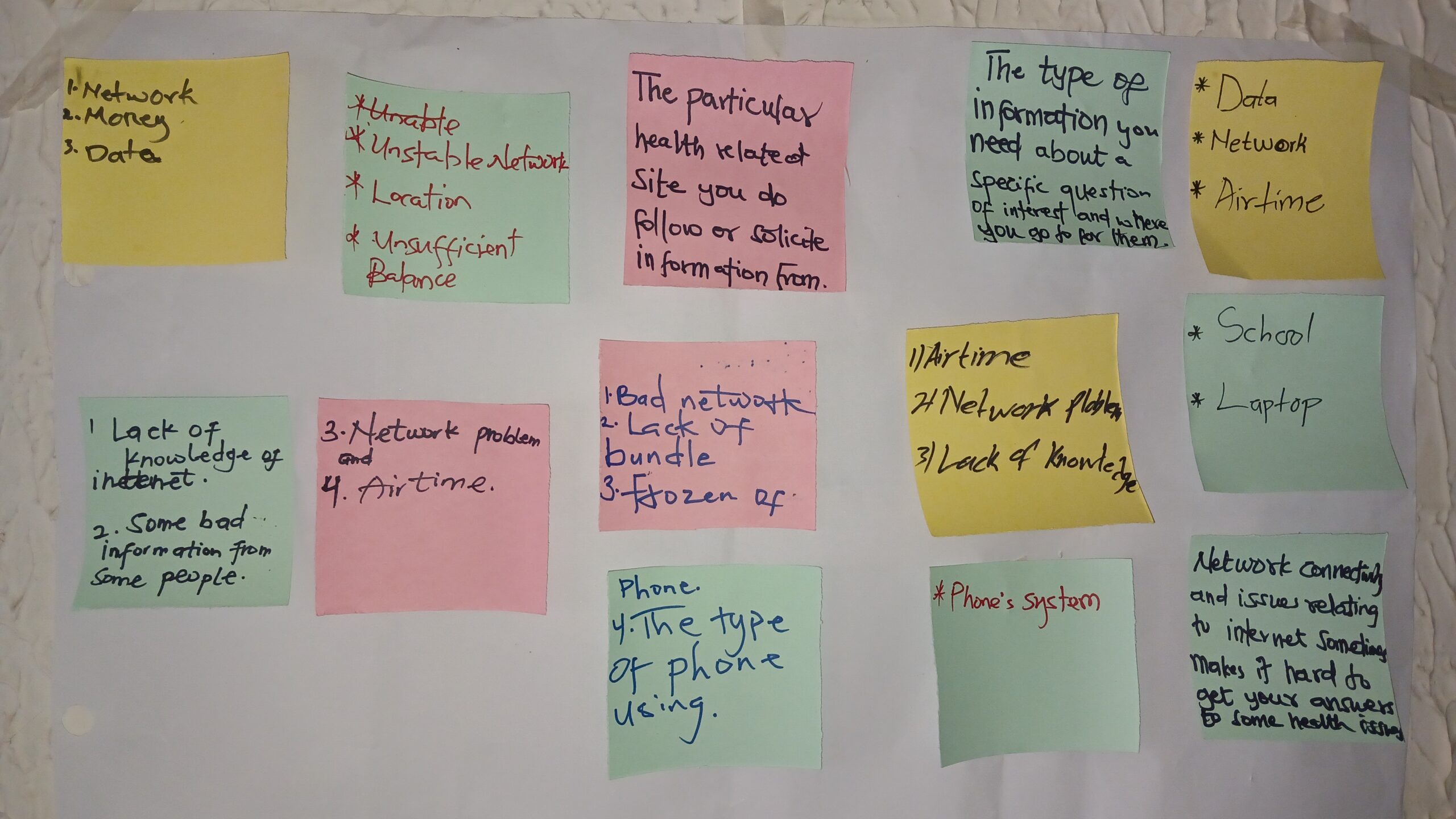
Report launch: Paying the Costs of Connection
Paying the Costs of Connection: Human Rights of Young Adults in the Digital Age in Colombia, Ghana, Kenya and Vietnam highlights how digital exclusion and online abuse are preventing young people from accessing essential health information .
